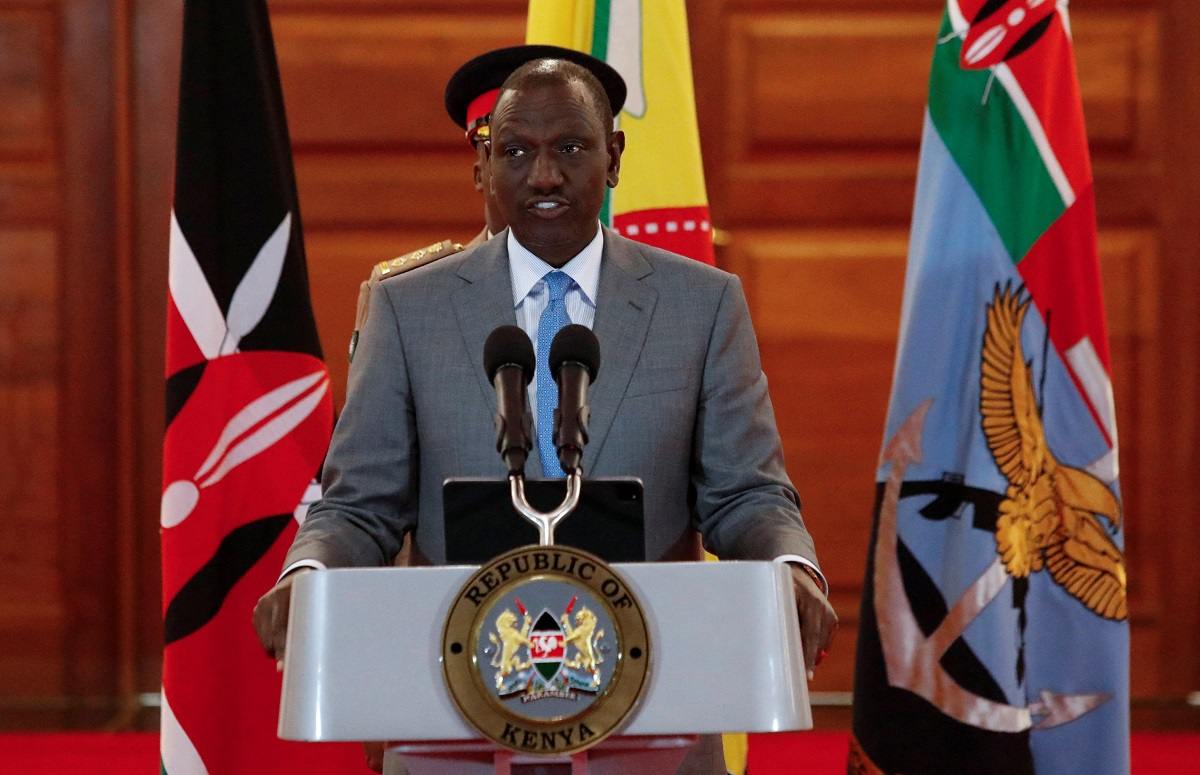
A Kenyan high court on Thursday, October 31, approved the swearing-in of Kithure Kindiki as the new deputy president, despite an ongoing legal challenge to the impeachment of former deputy president Rigathi Gachagua.
The three-judge panel in Nairobi overturned a prior court order that had temporarily suspended Kindiki’s inauguration, stating that the suspension risked creating a political vacuum.
Gachagua was impeached on October 17 by over two-thirds of legislators on charges of corruption, inciting ethnic tensions, and supporting anti-government protests. President William Ruto nominated Kindiki, currently the interior minister, the following day.
The impeachment revealed divisions within Ruto’s United Democratic Alliance (UDA) party, particularly between Ruto and Gachagua. The former deputy president faced accusations of insubordination after opposing government policies regarding forced evictions during floods.
Gachagua is contesting his impeachment in the High Court, claiming the charges lack evidence and the proceedings were unfair. He experienced chest pains and was hospitalized during the Senate hearings on October 17, prompting his lawyers to request a delay, which was denied.
Following the Senate’s vote on the impeachment, Gachagua’s supporters condemned the process as rushed and biased, suggesting it had Ruto’s backing.
Ruto, who initially campaigned as a champion for Kenya’s poorest citizens, has faced backlash over tax increases aimed at servicing foreign debt. This public discontent has led him to reorganize his Cabinet and reconsider certain policies.
